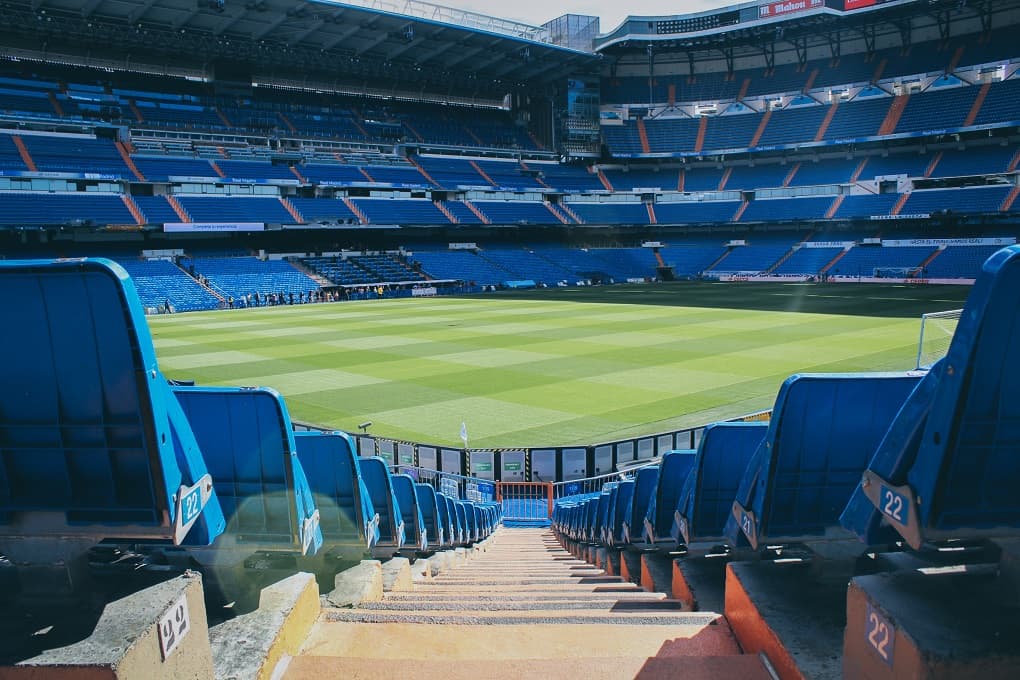A moment of privacy and humanity on the soccer pitch


Published:
Contributors:
Jedidiah Bracy
Editorial Director
IAPP
After a year's delay because of the COVID-19 pandemic, soccer fans around the world — especially Europe — rejoiced last weekend as the UEFA Euro 2020s kicked off. Like the World Cup, the Euros take place every four years and bring together the top national teams on the continent to determine the champion of Europe. The reigning champion, for now, is Portugal. This year, France is the favorite, but I'll be pulling for England.
For fans of the sport, the tournament is a big deal; it's guaranteed to produce stunning goals, controversial calls, heartbreak and glory.
But over the weekend, a medical nightmare took place in front of the world. And though it was a life-and-death moment, the incident emitted an unexpected ray of light on the integral role privacy plays in our humanity.
During the 43rd minute of a close match between Denmark and Finland, Christian Eriksen — a well-known figure in soccer — collapsed face down on the field. He wasn't tackled by another player. He didn't trip and fall. No. Something was very, very wrong.
Fortunately, a teammate and the lead official immediately responded during this critical moment.
In front of the world, the 29-year-old soccer star went into cardiac arrest. As medical teams rushed on the field to resuscitate Eriksen, Denmark captain Simon Kjaer rolled Eriksen on his side and started CPR. When medics took over, Kjaer directed his teammates to form a protective shield around Eriksen.
To its credit, television's coverage of the incident was measured. Early on, the audience could briefly see Eriksen's face, which was turning blue. As it became clear this wasn't a case of dehydration or exhaustion, the camera kept its distance. You could see medics administering CPR, and at one point, Eriksen received shocks from a defibrillator.
As a long-time sports fan, I've never seen anything as stunning as those 30 or so minutes on the field. You could see the concern on his teammates' faces as they formed their privacy-protective circle around him, visibly distraught, tears in their eyes. His longtime girlfriend, and mother of their two children, stood helpless on the sideline among two of Eriksen's teammates, who were consoling her.
When the medics finally brought Eriksen back to life, personnel then held up towels to block our view as he was taken off the pitch.
What struck me was the compassion his teammates, officials and the television commentators displayed for him. Forming that shield and holding up those towels while television cameras stayed away from Eriksen demonstrated a true moment of humanity.
Embedded in that moment was the importance of maintaining Eriksen's privacy as he fought for his life. Outside of the medical response, there was no protocol for such an incident. But those close to him knew to surround him and form that shield.
Sure, the day-to-day work of privacy may get weighed down in privacy impact assessments, cookie compliance, deidentification measures and just-in-time privacy disclosures. But Saturday's incident on the soccer pitch serves as a reminder that privacy is part of what makes us human. Dignity, compassion and respect for the individual and his family and friends was on display during a critical, life-changing event.
I'm happy to report Eriksen is alive today and feeling "fine — under the circumstances." With the help of his teammates and medical personnel, Eriksen was able to survive those harrowing moments, away from our prying eyes.
Photo by Vienna Reyes on Unsplash

This content is eligible for Continuing Professional Education credits. Please self-submit according to CPE policy guidelines.
Submit for CPEs


